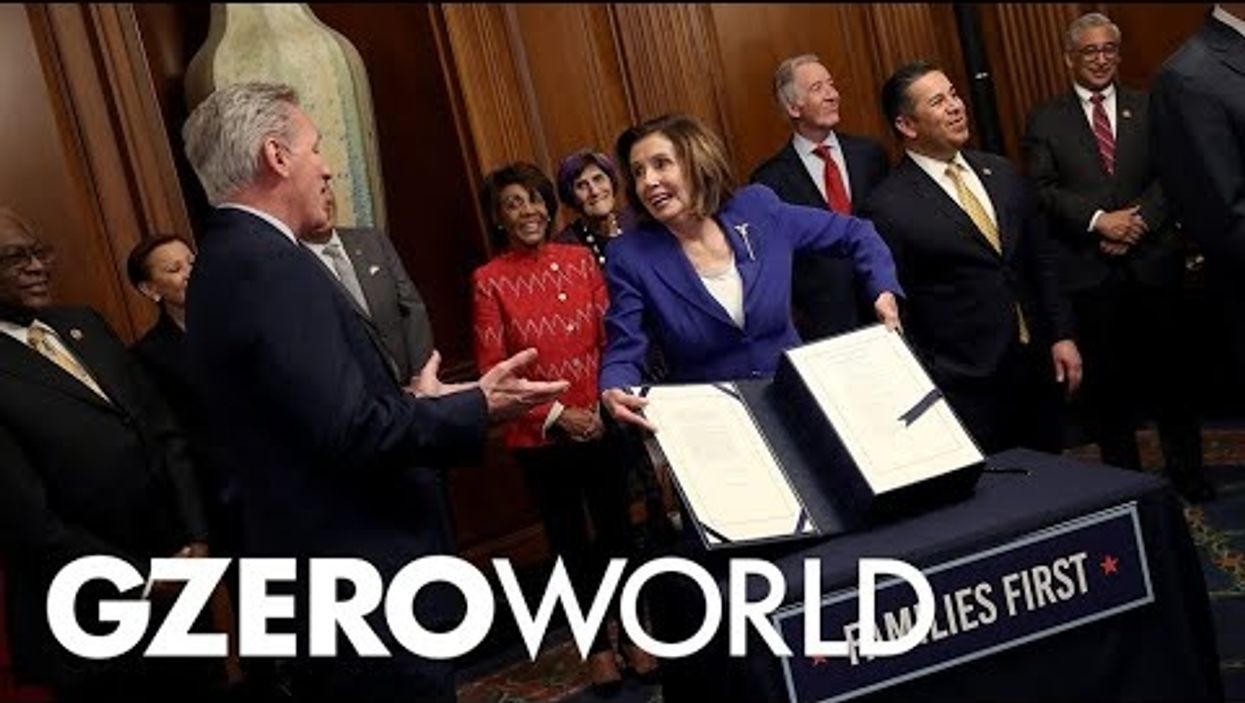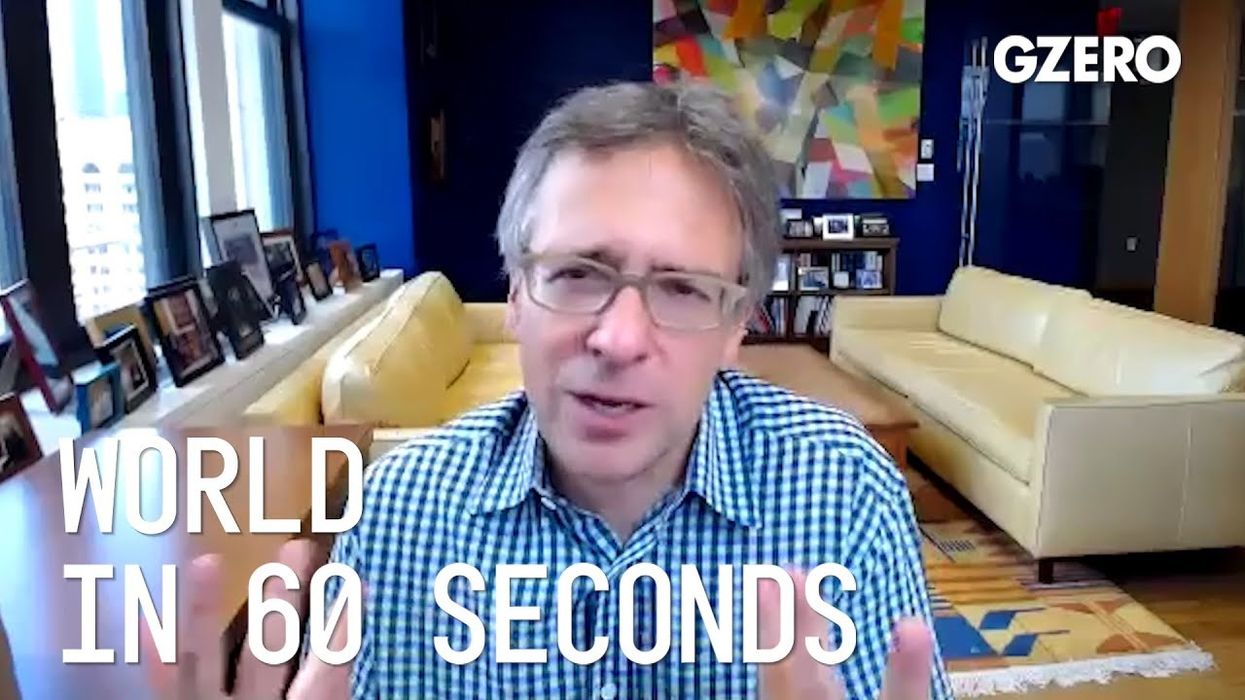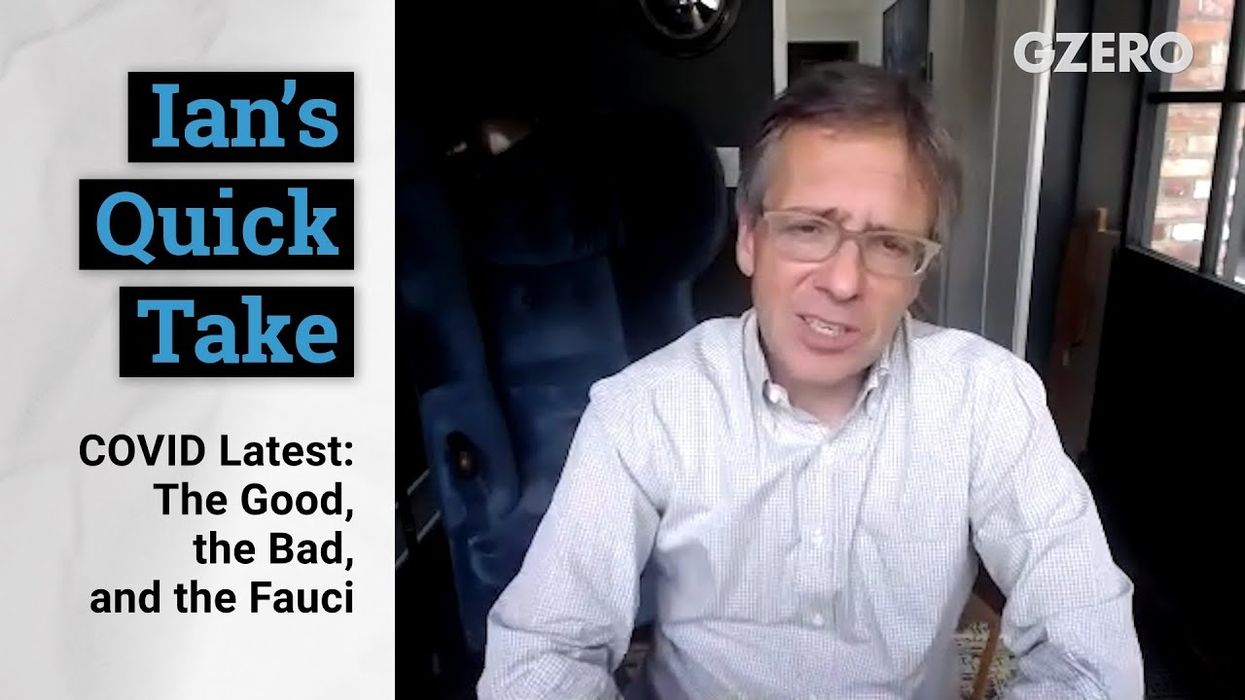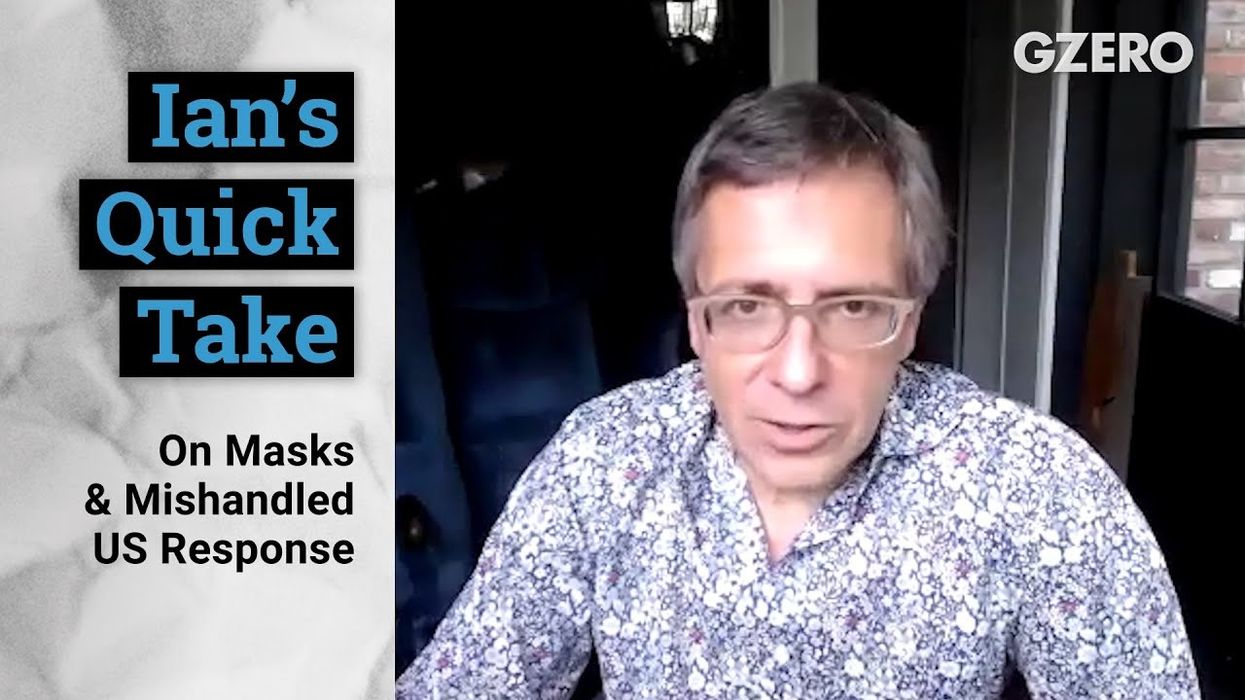More stimulus relief “likely” in US Congress COVID-19 response: Sen. Chris Coons
In the latest episode of GZERO World with Ian Bremmer, Delaware Sen. Chris Coons discusses U.S. response to the COVID-19 pandemic. While he praises Congress for coming together to pass a record-breaking stimulus bill, he says President Trump "bluntly ignores the advice of his most senior scientists and public health advisors." He also criticizes GOP colleagues for following the President's lead rather than listening to scientists. On whether Congress will be able to pass additional relief funding for Americans and small businesses, Coons says, "I do think we'll get another round of relief, if nothing else, because the headwinds for both Trump's reelection and Republicans retaining the majority in the Senate, and for the economy, are getting stronger and stronger."




